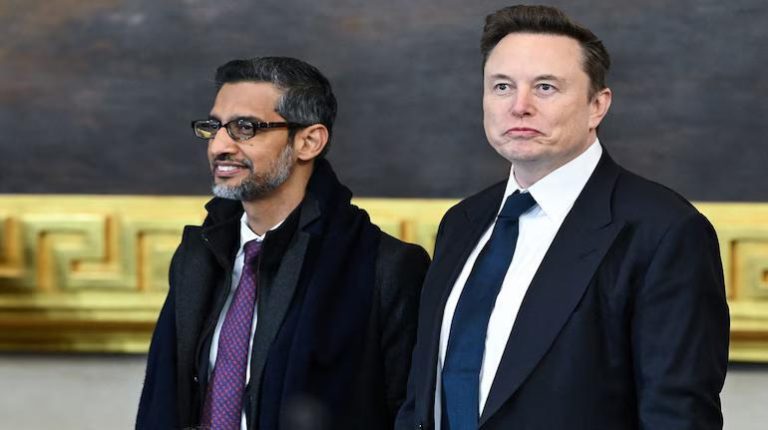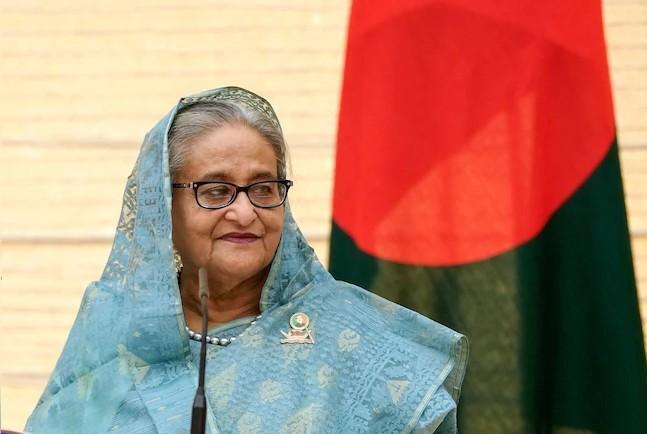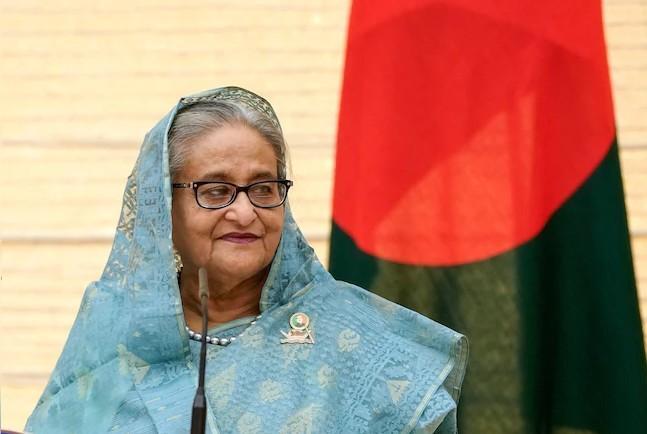
Hotmail Co-founder says ‘truth=anti-India’, Goenka replies ‘Living in US & lecturing us?’
The debate on freedom of speech and expression has been a contentious issue in India for a long time. The recent statement by Hotmail co-founder Sabeer Bhatia has sparked a heated discussion on social media. Bhatia, who is currently based in the United States, claimed that those who speak the truth in India are often labeled as “anti-national”. His statement has been met with strong reactions from many, including billionaire Harsh Goenka, who has taken to Twitter to respond to Bhatia’s remarks.
In his tweet, Goenka said, “Living in California and lecturing a billion Indians back home?…India doesn’t need sermons from those who packed up and left.” Goenka’s response was aimed at Bhatia’s claim that those who speak the truth in India are termed “anti-national”. Bhatia had said, “Then who’s a national? The one who lies to you?”
The debate surrounding Bhatia’s statement is complex and multifaceted. On one hand, Bhatia’s claim that truth-tellers are often labeled as “anti-national” is a valid concern. In recent times, there have been several instances where individuals who have spoken out against the government or criticized its policies have been labeled as “anti-national” or “anti-government”. This has led to a climate of fear and self-censorship, where many individuals are hesitant to express their opinions or speak out against the government.
On the other hand, Goenka’s response to Bhatia’s statement has also been met with criticism. Some have argued that Goenka’s comment is an example of the kind of elitism and classism that is prevalent in Indian society. Goenka, who is a well-known businessman and entrepreneur, has been accused of using his privilege and power to silence critics and dissenting voices.
However, Goenka’s response also highlights the issue of hypocrisy and double standards. Many of those who have criticized Goenka’s response have themselves fled the country or are living abroad, making it difficult for them to understand the complexities of the situation on the ground. Goenka’s comment was aimed at Bhatia’s lack of understanding of the realities of life in India, where the concept of “truth” is often subjective and context-dependent.
The debate surrounding Bhatia’s statement is also a reflection of the larger issues facing Indian society today. The country is grappling with issues of identity, belonging, and citizenship, which are complex and multifaceted. The notion of what it means to be a “national” is also being redefined, and the debate surrounding Bhatia’s statement is a reflection of these changes.
In the end, the debate surrounding Bhatia’s statement is a complex and nuanced one. While Bhatia’s claim that truth-tellers are often labeled as “anti-national” is valid, Goenka’s response highlights the issue of hypocrisy and double standards. The debate also underscores the need for a more nuanced understanding of the complexities of life in India, where the concept of “truth” is often subjective and context-dependent.
As the debate continues to rage on social media, it is clear that the issue of freedom of speech and expression is a complex and contentious one in India. The country is grappling with issues of identity, belonging, and citizenship, and the debate surrounding Bhatia’s statement is a reflection of these changes. Ultimately, the debate highlights the need for a more nuanced understanding of the complexities of life in India, where the concept of “truth” is often subjective and context-dependent.






